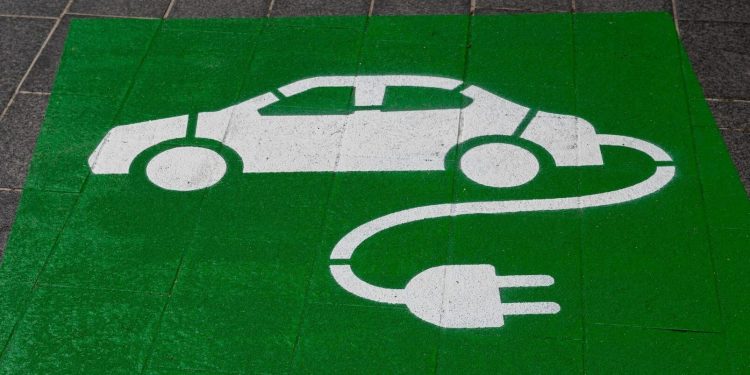Electric car RUCs coming for Australia
Words/Images NZ Autocar
Australia is considering a road-user charge (RUC) system for electric vehicles (EVs) to help offset falling fuel excise revenue. Currently EVs don’t pay excise tax or road tax. And they now account for around one in ten new car sales.
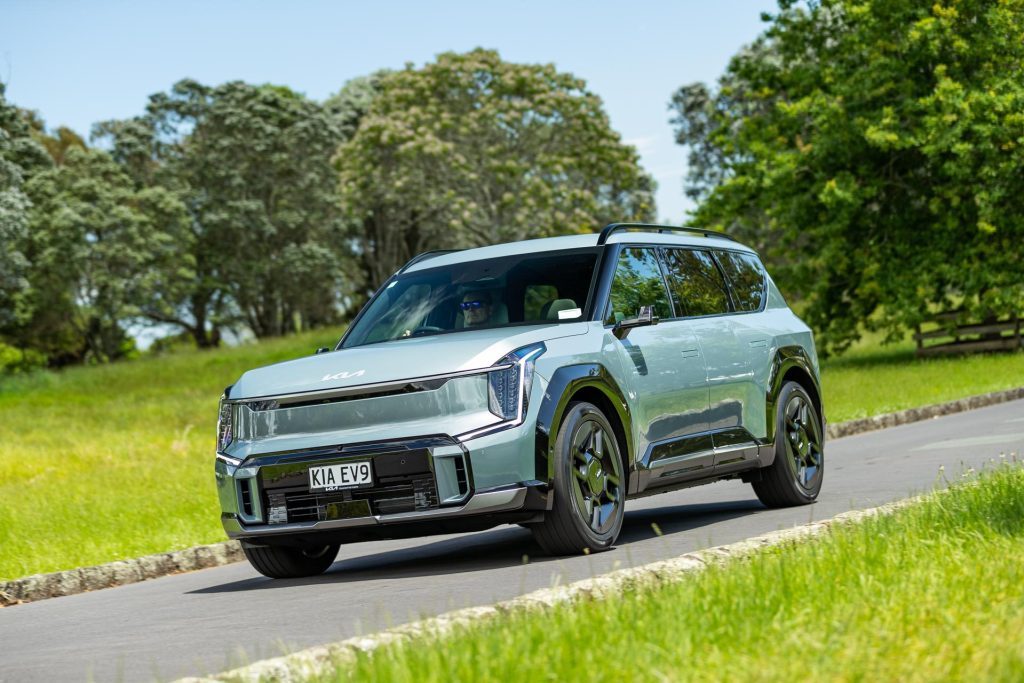
Federal Treasurer Jim Chalmers has met with the transport and infrastructure industries to propose the RUC plan, and organise a timeline for its implementation.
Once up and running, all electric cars will pay a tax based on distance travelled, or at least that is the plan.
Currently, the government adds a 52c fuel excise at the pump, with the sum aimed at maintaining and improving roads.
However, BEVs are exempt on account of not needing fossil fuels.
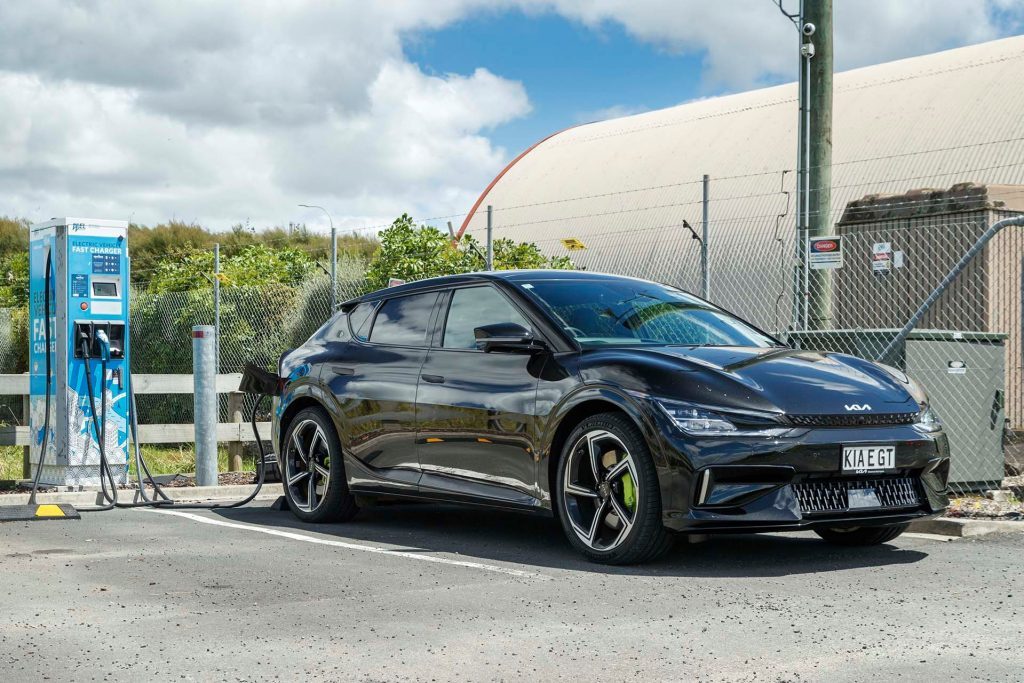
So a road-user charge would mean owners of non-ICE vehicles will also contribute to ongoing road maintenance.
The fine details of the tax have yet to be ironed out. It is unclear whether rural EV owners will pay less than urban dwellers.
Victorian Treasurer Tim Pallas said: “You’ve got to be conscious of the fact that there are areas that will be disadvantaged by a purist model of road use…so you have to make allowances for that,” according to a report in the Australian.
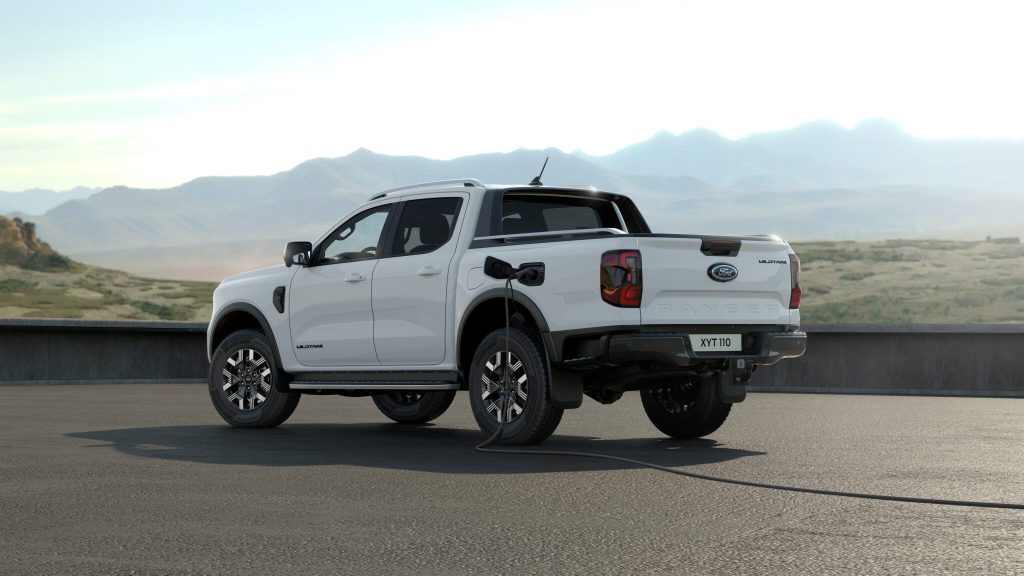
Whatever happens, the new tax looks to be a while away. Chalmers is suggesting it won’t happen until 2028.
Victoria tried to introduce a RUC system for EVs and plug-in hybrid electric vehicles (PHEVs) in mid-2021. However, only the Federal Government has the power to impose such a charge so it was scrapped.
The NSW Government wants to implement a similar system from July 1, 2027 but again it would not be enforceable unless adopted nationwide.
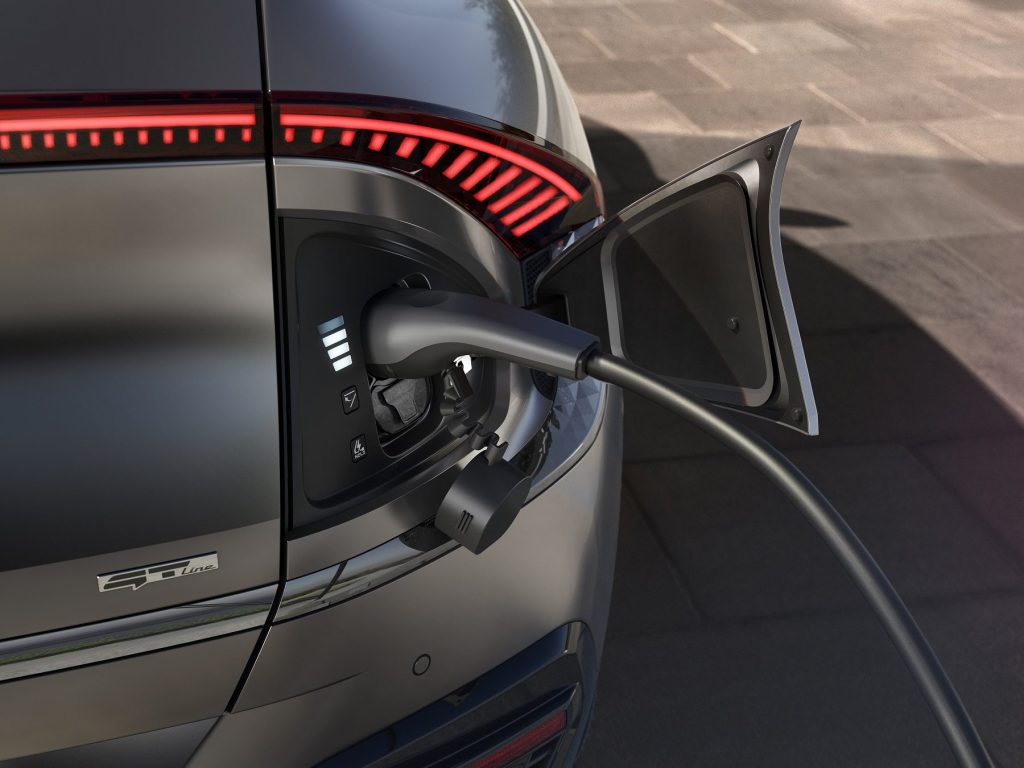
Whether Australia follows New Zealand in implementing a road-user charge system that includes all light vehicles is unclear. No country or state has yet introduced a scheme where all powertrain types pay RUCs.
More information on the Australian plan will be announced soon.


